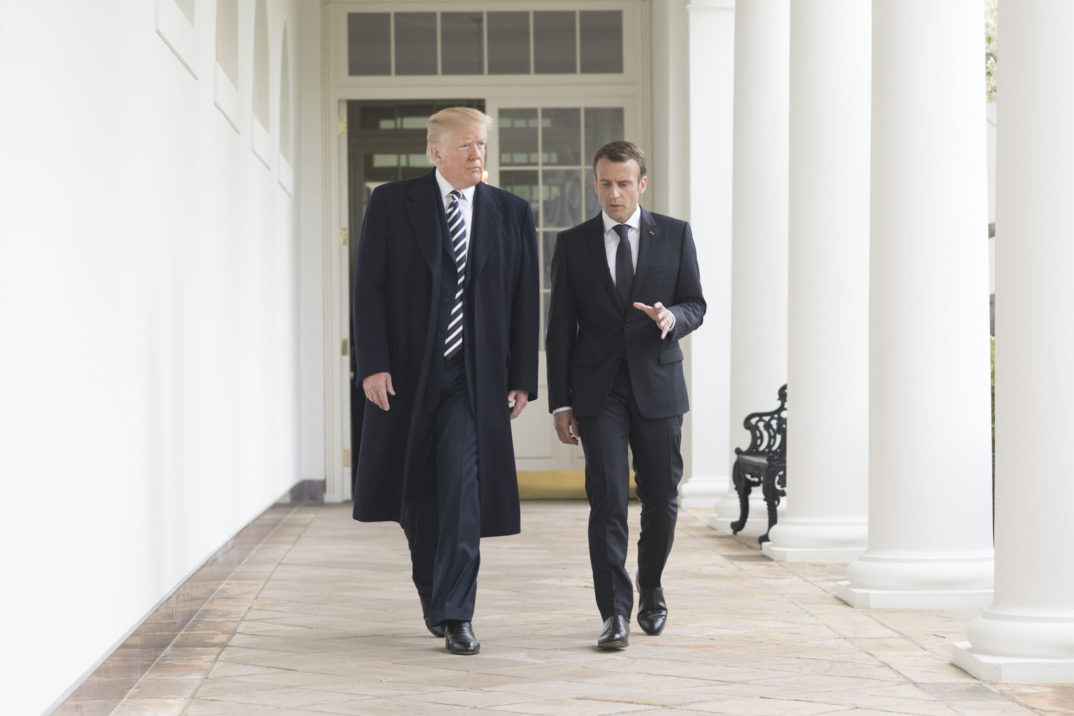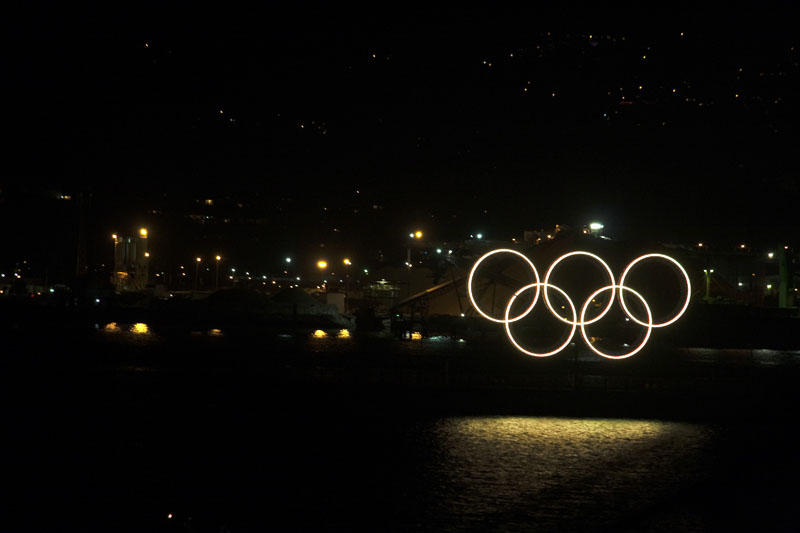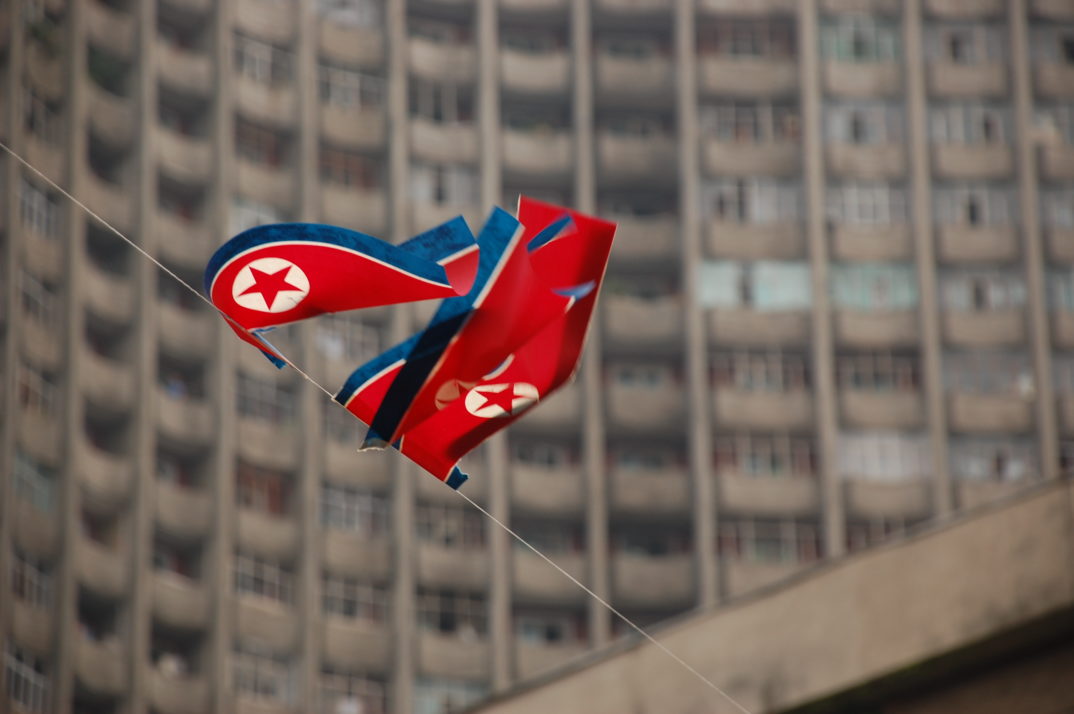Earlier this year, I wrote about the violations of human rights by the Iranian regime and its impacts on the “Iran Deal” as a framework to restrain Iran’s ability to develop nuclear weapons. The conclusion of that analysis was to push leaders to start delving into question of what will achieve security and safety for all on the global stage. Today, I will revisit with a different approach, through examining the impacts of the long discussions regarding the future of Iran Nuclear Deal. Two questions arise: Why are the European allies devoting so much attention to the future of the deal, and what are the implications of backing out from the agreement? Continue reading “The Iran Deal: Shaky Future, Uncertain Repercussions”
Is it Time for a Permanent Olympic Venue?
The Olympic flame has been lit once again, this time in Pyeongchang, South Korea. The 23rd Winter Olympic games have been accompanied with a lot of controversy, hope, and high expectations. The image of two Koreas marching together under one flag has reminded many of a not-so-distant, more peaceful past. However, this is not the issue at hand. Despite many moral dilemmas arising from the North-South relations, this time the focus is on the ethics of hosting the Olympics. Continue reading “Is it Time for a Permanent Olympic Venue?”
International Sanctions: A War of Their Own?
In the current political climate, it is hard to avoid the topic regarding sanctions. The United States has been recently revising the sanctions it has placed on different countries in the past few years, such as North Korea, Russia, and Cuba. Economic sanctions are penalties or blockades against a targeted country, and are a “foreign policy tool” used when diplomatic relations aren’t as effective as intended. These sanctions can take many forms, such as tariffs, embargos, quotas and asset freezes.
Continue reading “International Sanctions: A War of Their Own?”
Seizure and the Swiss
Swiss officials are defending their practice of seizing the assets of asylum seekers entering Switzerland who carry assets greater in value than 900 euro (1000 USD). The controversial new law is designed to assist the country is paying for their stay. Denmark is currently debating a similar law, and the laws have received international criticism.




